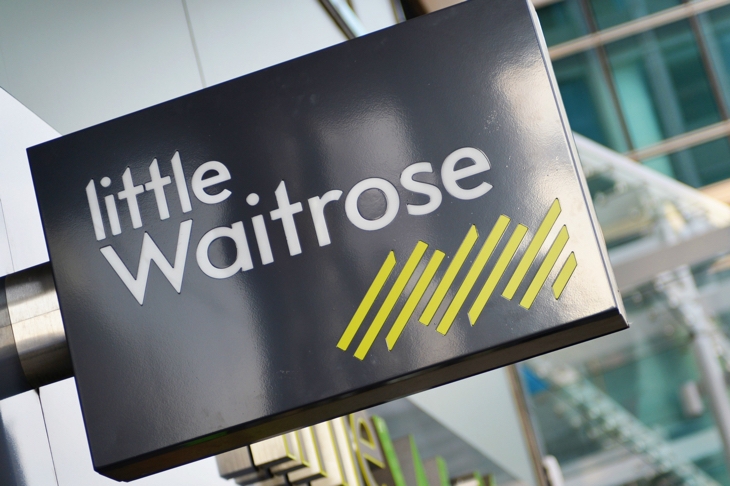It used to be the weather that served as the catch-all excuse for poorly performing businesses – it is too cold or too hot for people to go shopping. How convenient, now we have grown a little tired with that one, that Brexit has come along to serve the same purpose.
Speaking on the Today programme this morning, John Lewis chairman Sir Charlie Mayfield was asked to explain a 53 per cent fall in profits for the first half of the year. To be fair to him he didn’t initially mention Brexit at all but when the inevitable question came from Today’s business correspondent he said: ‘We should be under no illusions. Brexit is having an effect on the economy, no question. It’s the same for everybody and the main effects are sterling and confidence.’
Predictably, the Guardian then jumped on his comments to construct the headline: ‘John Lewis profits halve as chairman warns over Brexit uncertainty.’ So, between them, the BBC and Guardian, with a little help from a flapping John Lewis chairman, have yet again managed to construct a narrative that Brexit is harming the economy.
That is certainly not the impression you get from reading John Lewis’s results in detail. They show that all the problems are in Waitrose, the grocery chain which, by volume of sales, makes up three-fifths of the business. At Waitrose, operating profits were down 17.4 per cent to £100 million. In John Lewis stores profits were up 38.7 per cent to £50 million.
If John Lewis customers were really feeling the pain and uncertainty of Brexit, surely you might expect them to carry on eating but to cut back on new shoes. Yet from these results they appear to have done the opposite: gone hungry so they can go out and buy a new outfit. Alternatively, you could look at Waitrose’s woes in the context of the general squeeze on supermarkets which began in 2014, long before we even knew there was going to be an EU referendum, let alone before we voted.
Waitrose initially seemed to sail through the problems which caused shares to crash at Tesco, Sainsbury’s and Morrisons – namely competition from discounters Aldi and Lidl. But it is hardly surprising that Waitrose, too, should be dragged into the supermarket wars, especially given that it is charging premium prices. You can get away with premium-prices if you have stores in a few locations where customers are almost impervious to prices, but not when you have 353 shops and are still opening them up in places like Banbury, which while not Burnley is hardly Chelsea either.
Countering Mayfield’s suggestion that Brexit is causing us to shop less, Morrison also revealed results today which showed a continued recovery – despite Brexit, as the BBC would put it.
As ever when considering the performance of businesses it is worth considering your own behaviour. I used to go to Waitrose and fill a trolley every week, but three years ago when my son left home and the weekly family shopping bill fell by approximately half I found I only needed to drive six miles to a large supermarket every three or four weeks – between times, I could leave the shopping to my wife, or the Co-op would do. Then Waitrose took the creamy layer out of its chocolate cake (without reducing the price) and I realised that I could buy salmon in Sainsbury’s for two-thirds of the price — and I began to wonder why I was going there at all. Not much to do with Brexit.







Comments